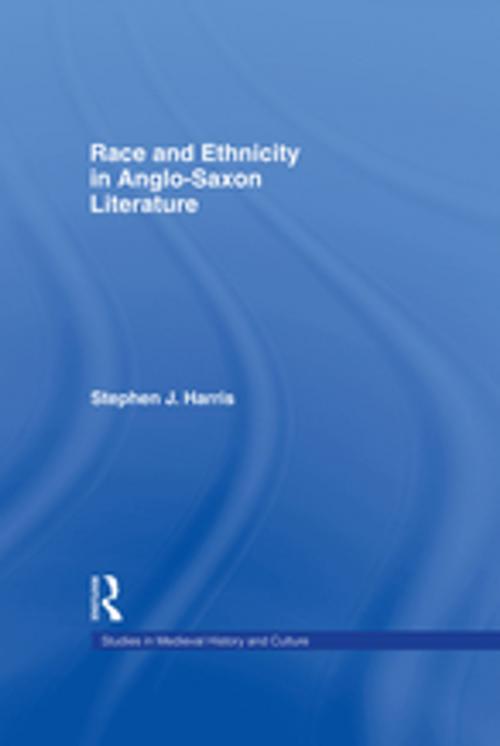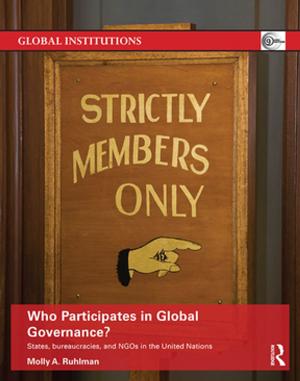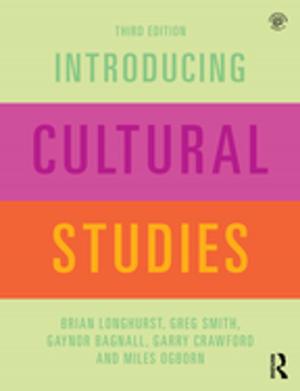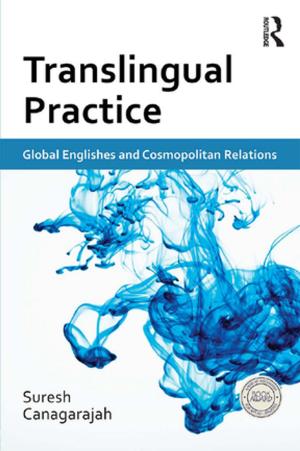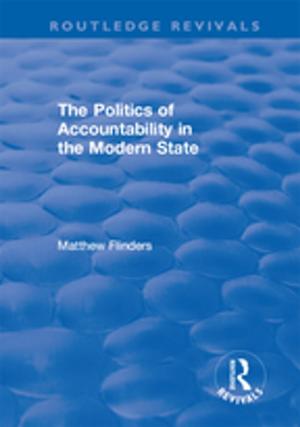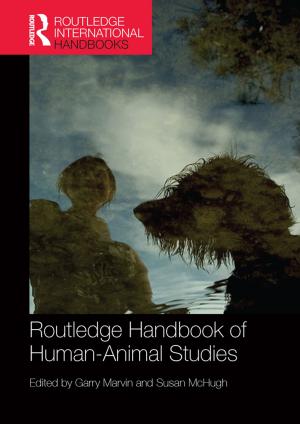Race and Ethnicity in Anglo-Saxon Literature
Fiction & Literature, Literary Theory & Criticism, Medieval, British| Author: | Stephen Harris | ISBN: | 9781135924362 |
| Publisher: | Taylor and Francis | Publication: | June 1, 2004 |
| Imprint: | Routledge | Language: | English |
| Author: | Stephen Harris |
| ISBN: | 9781135924362 |
| Publisher: | Taylor and Francis |
| Publication: | June 1, 2004 |
| Imprint: | Routledge |
| Language: | English |
What makes English literature English ? This question inspires Stephen Harris's wide-ranging study of Old English literature. From Bede in the eighth century to Geoffrey of Monmouth in the twelfth, Harris explores the intersections of race and literature before the rise of imagined communities. Harris examines possible configurations of communities, illustrating dominant literary metaphors of race from Old English to its nineteenth-century critical reception. Literary voices in the England of Bede understood the limits of community primarily as racial or tribal, in keeping with the perceived divine division of peoples after their languages, and the extension of Christianity to Bede's Germanic neighbours was effected in part through metaphors of family and race. Harris demonstrates how King Alfred adapted Bede in the ninth century; how both exerted an effect on Archbishop Wulfstan in the eleventh; and how Old English poetry speaks to images of race.
What makes English literature English ? This question inspires Stephen Harris's wide-ranging study of Old English literature. From Bede in the eighth century to Geoffrey of Monmouth in the twelfth, Harris explores the intersections of race and literature before the rise of imagined communities. Harris examines possible configurations of communities, illustrating dominant literary metaphors of race from Old English to its nineteenth-century critical reception. Literary voices in the England of Bede understood the limits of community primarily as racial or tribal, in keeping with the perceived divine division of peoples after their languages, and the extension of Christianity to Bede's Germanic neighbours was effected in part through metaphors of family and race. Harris demonstrates how King Alfred adapted Bede in the ninth century; how both exerted an effect on Archbishop Wulfstan in the eleventh; and how Old English poetry speaks to images of race.
